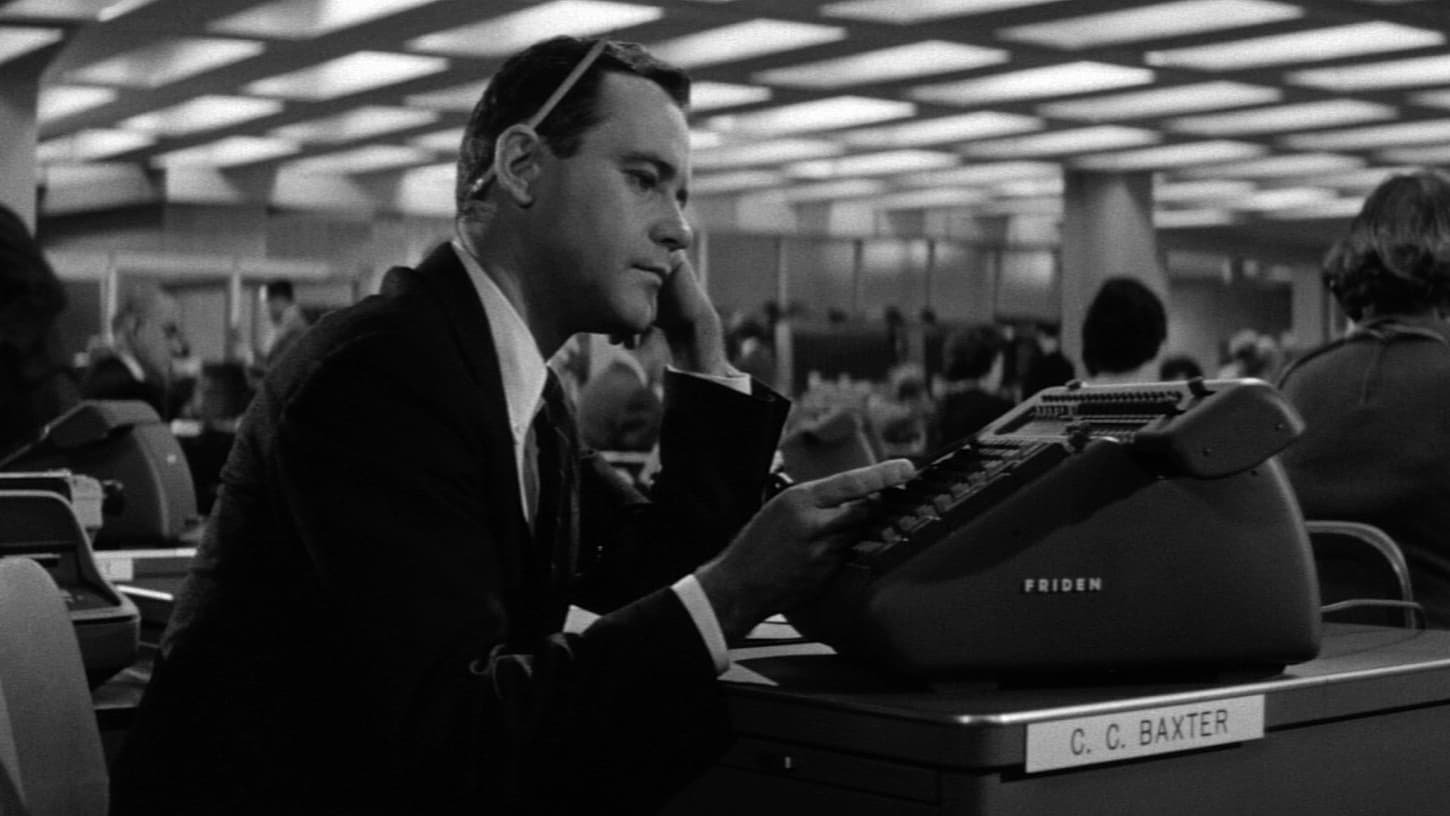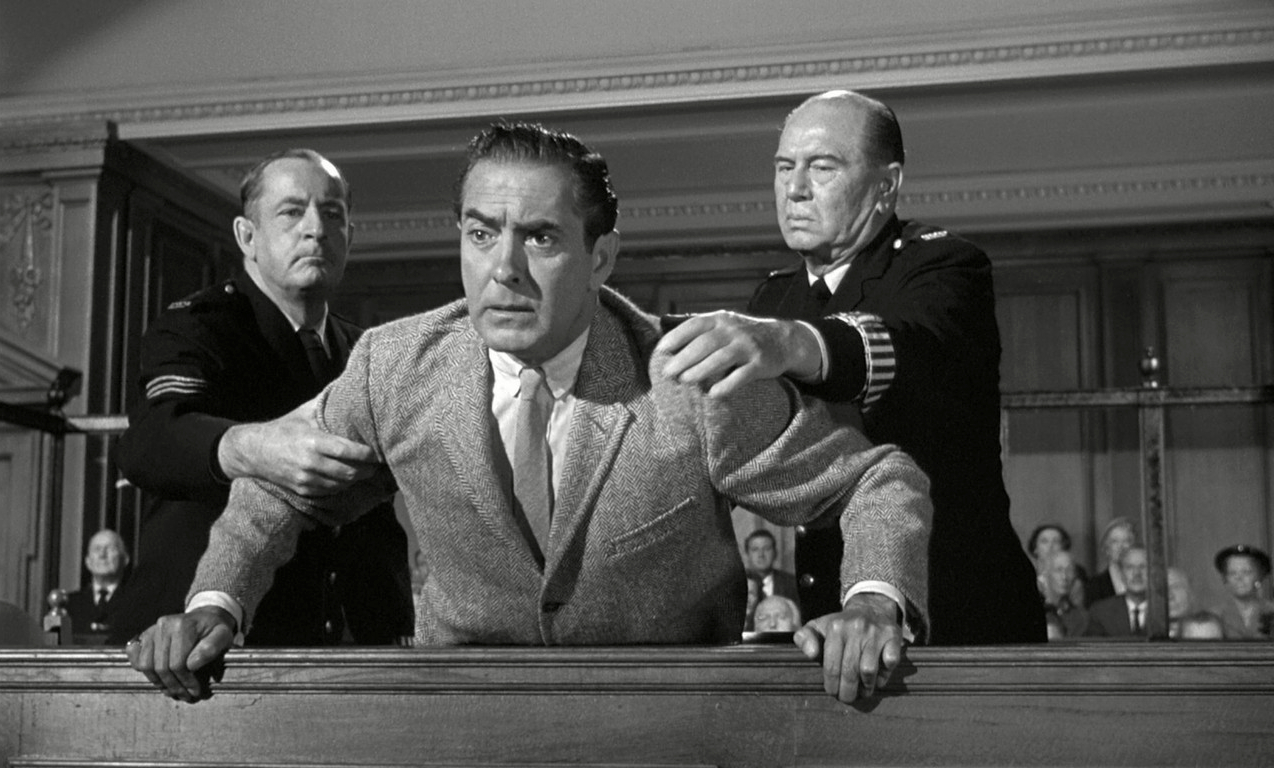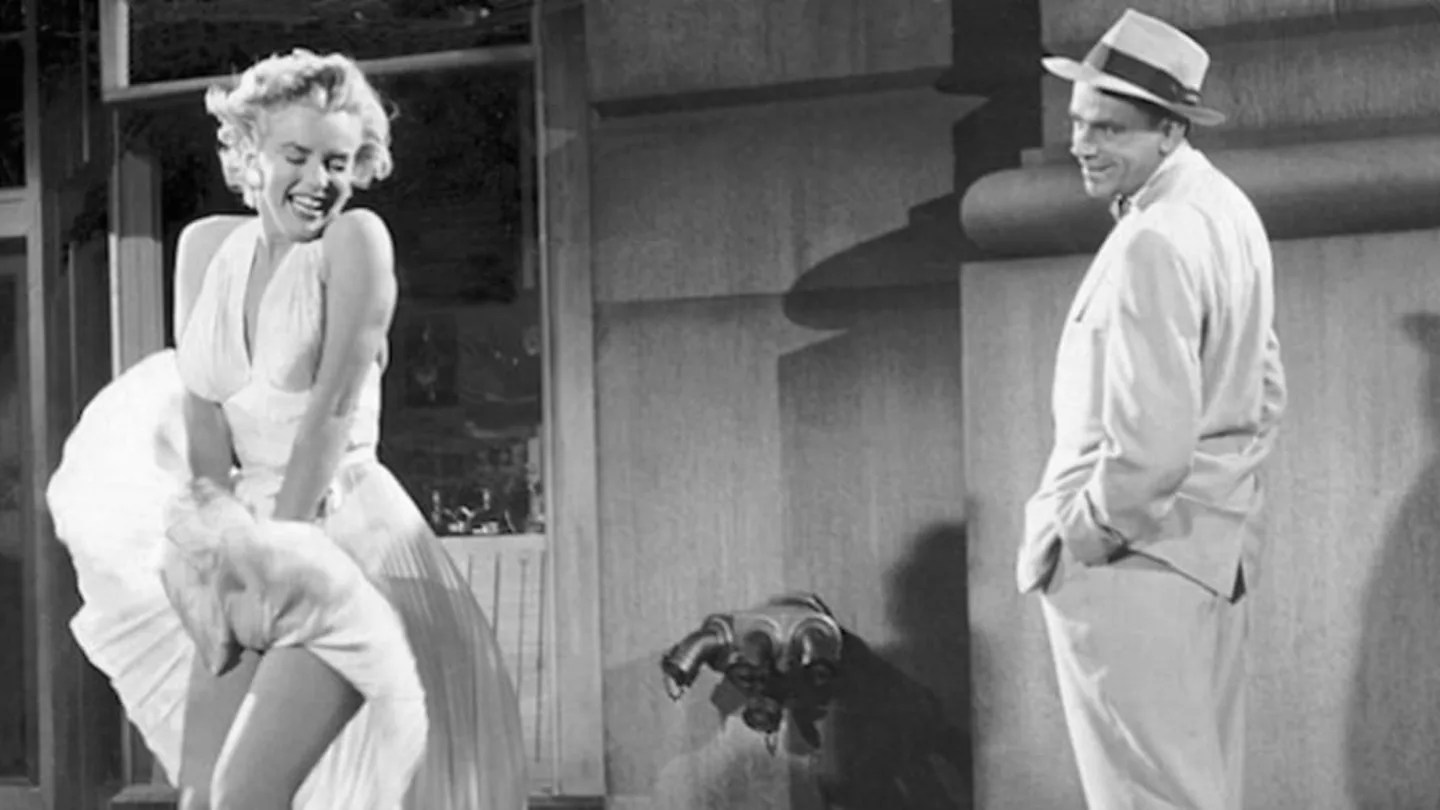Billy Wilder, an Austrian-American filmmaker, was one of Hollywood’s most versatile and accomplished directors and screenwriters. Known for his skill in traversing various genres—from film noir and courtroom drama to romantic comedy and satirical farce—Wilder crafted masterpieces like Double Indemnity, The Apartment, and Some Like It Hot. His intelligent, witty dialogue, sardonic social commentary, and innovative narrative structures have left an indelible mark on cinema.
Born in Austria, Wilder began his career as a journalist and scriptwriter in Berlin before fleeing to Paris due to the rise of Nazism. In Paris, he co-directed his first film, Mauvaise Graine. Shortly thereafter, he immigrated to Hollywood, quickly establishing himself as a talented screenwriter. His transition into directing came with the film The Major and the Minor, marking the start of a prolific and highly influential career in Hollywood.
Wilder’s films are particularly known for their smart, rapid-fire dialogue, a trait that made his characters memorable and his narratives engaging. Co-writing frequently with I.A.L. Diamond, Wilder’s sharp wit and insightful banter became a signature element of his work. He also had a knack for biting commentary on American culture and societal norms, with films like Sunset Boulevard and The Seven Year Itch offering a satirical take on Hollywood, corporate America, and gender roles.
Lubitsch’s Heir
Narrative complexity and innovation were other hallmarks of Wilder’s filmmaking. He frequently experimented with narrative structure and point of view, as exemplified by Sunset Boulevard, told from the perspective of a dead character, and Double Indemnity, which revolves around a murder confession. Moreover, Wilder’s films featured complex, well-developed, and often morally ambiguous characters. His nuanced and empathetic approach to character-building is evident in films such as The Lost Weekend and Stalag 17.
While his visual style might not be as flamboyantly stylised as some of his contemporaries, Wilder’s clean, efficient, and effective visual language complemented his narrative and characters rather than overshadowing them. His long-standing collaborative relationships were integral to his distinctive voice and style, especially with co-writers like Charles Brackett and I.A.L. Diamond and actors like Jack Lemmon and William Holden.
Wilder’s legacy continues to resonate in the film industry, and he remains an influence on many contemporary filmmakers both nationally and internationally, from Woody Allen and Cameron Crowe in America to Pedro Almodóvar in Spain. His films, which expertly melded popular appeal with critical acumen, are regularly celebrated and studied. His distinctive narrative style, in-depth characterisation, and wry social commentary helped redefine Hollywood cinema, making Billy Wilder an enduring icon of American film history.
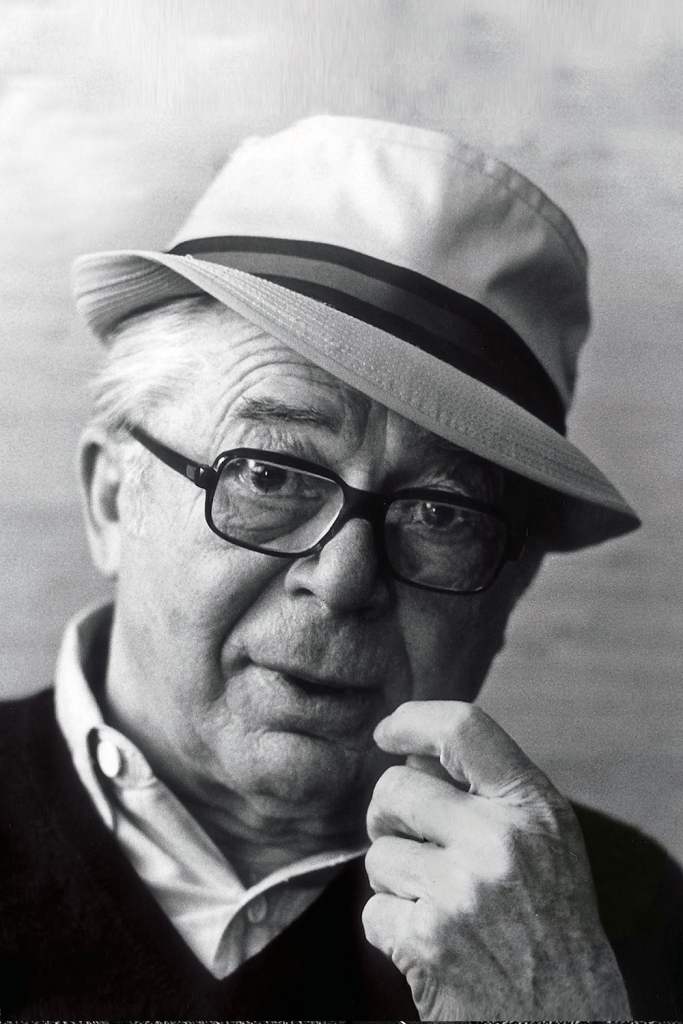
Billy Wilder (1906 – 2002)
Calculated Films:
- The Major and the Minor (1942)
- Five Graves to Cairo (1943)
- Double Indemnity (1944)
- The Lost Weekend (1945)
- Sunset Boulevard (1950)
- Ace in the Hole (1951)
- Stalag 17 (1953)
- Sabrina (1954)
- The Seven Year Itch (1955)
- Witness For The Prosecution (1957)
- Some Like It Hot (1959)
- The Apartment (1960)
- One, Two, Three (1961)
Similar Filmmakers


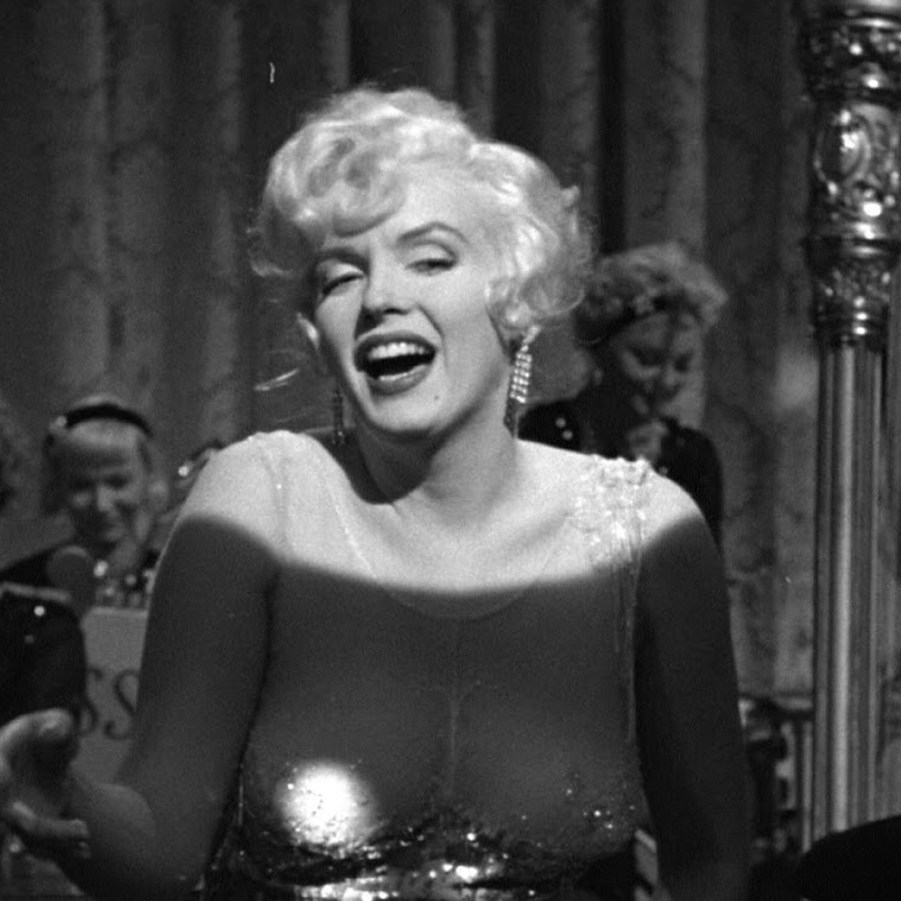
Billy Wilder’s Top 10 Films Ranked
1. Sunset Boulevard (1950)
Genre: Drama, Film Noir

2. The Apartment (1960)
Genre: Romantic Comedy, Drama
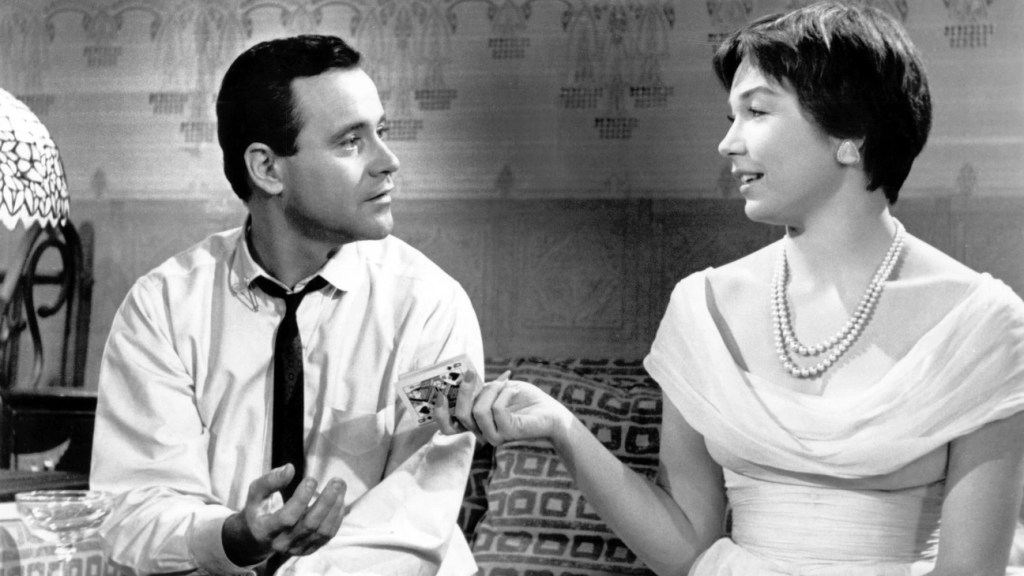
3. Some Like It Hot (1959)
Genre: Screwball Comedy

4. Double Indemnity (1944)
Genre: Film Noir, Thriller, Crime

5. Ace in the Hole (1951)
Genre: Drama, Film Noir, Satire
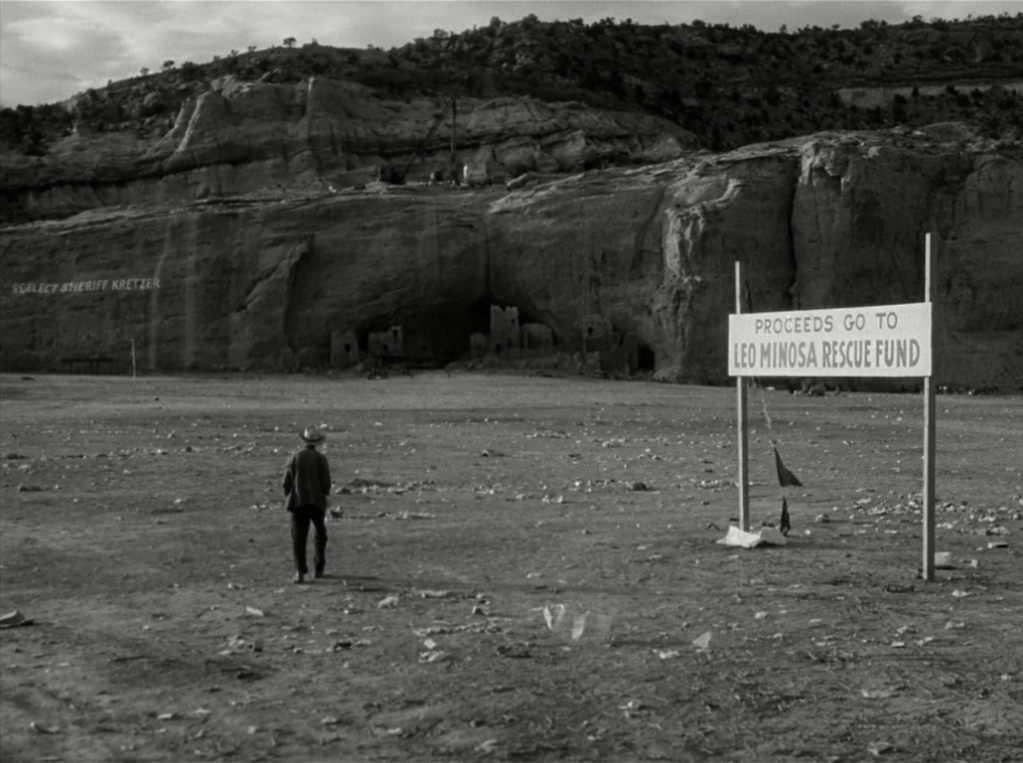
6. Witness for the Prosecution (1957)
Genre: Legal Drama, Mystery
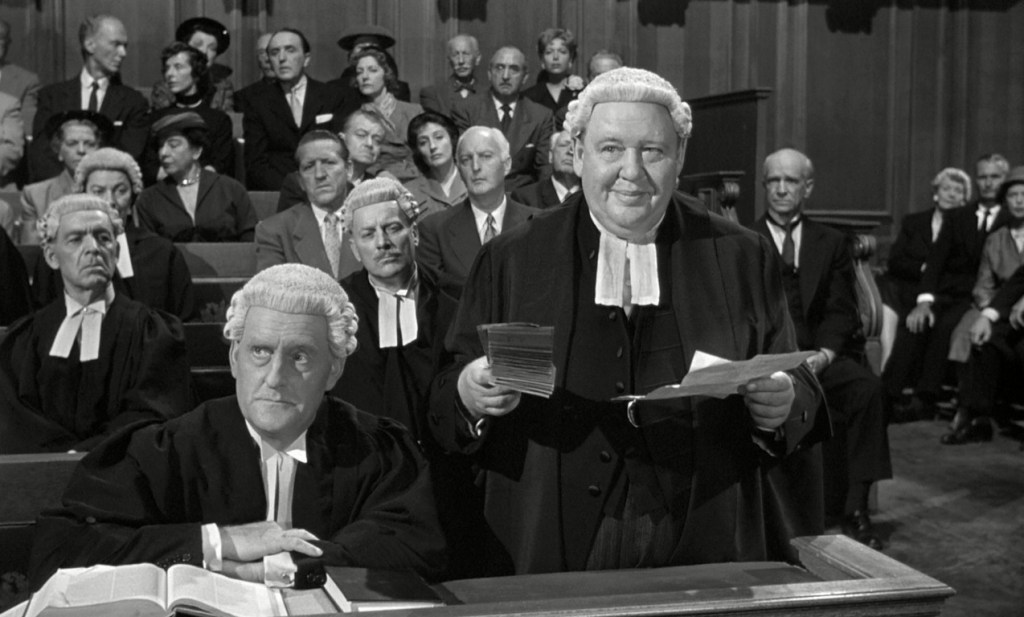
7. Stalag 17 (1953)
Genre: Prison Film, Comedy, Drama, War

8. One, Two, Three (1961)
Genre: Screwball Comedy, Satire
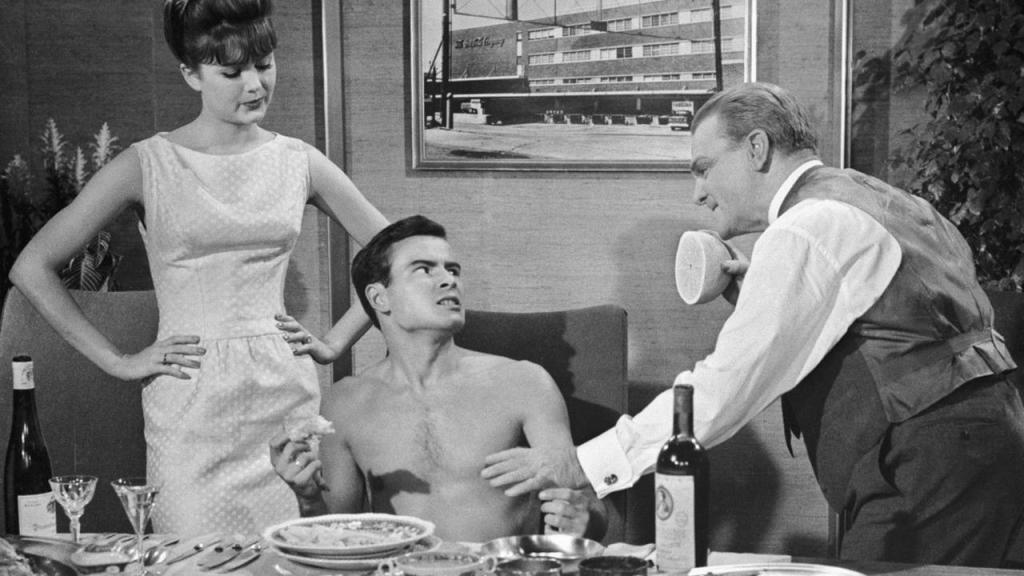
9. The Lost Weekend (1945)
Genre: Drama, Psychological Drama

10. Sabrina (1954)
Genre: Romantic Comedy
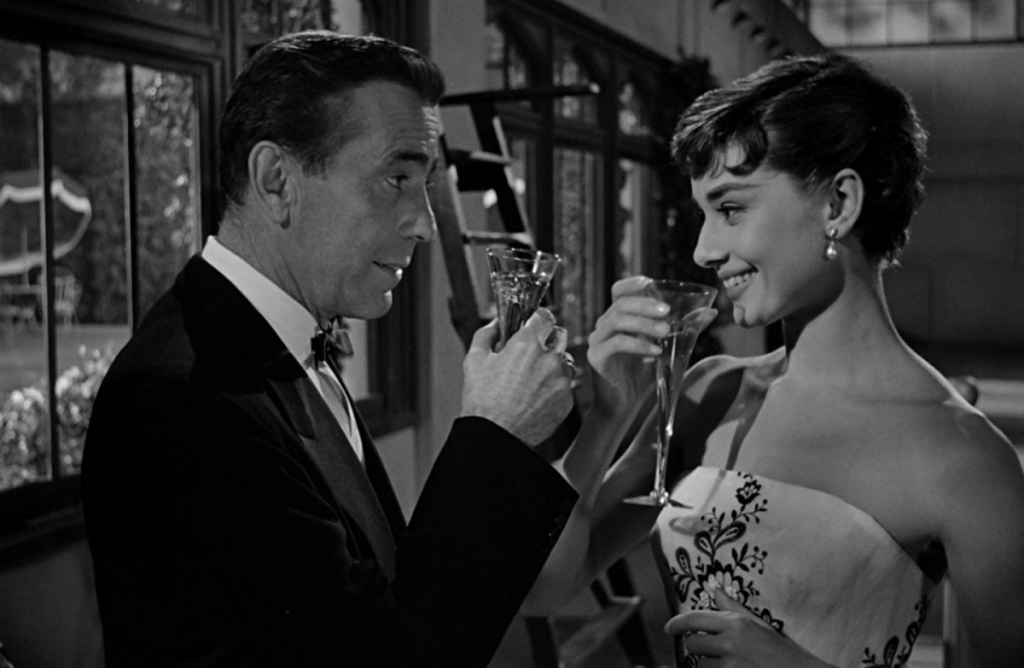
Billy Wilder: Themes and Style
Themes:
- Human flaws and vices: Wilder often showcased characters with pronounced imperfections, exploring the darker aspects of human nature like greed (Double Indemnity), addiction (The Lost Weekend), and deceit (The Apartment).
- Morality and societal critique: Many of Wilder’s films interrogated societal norms, highlighting the moral compromises people make, as seen in Sunset Boulevard and Ace in the Hole.
- Romantic entanglements: Wilder frequently presented complex romantic relationships, often involving infidelity, power dynamics, or misunderstandings, as seen in Some Like It Hot and The Seven Year Itch.
- The allure of fame: Films like Sunset Boulevard and Fedora provide a critique of Hollywood and the trappings of fame, focusing on the ephemeral nature of stardom.
Styles:
- Witty Dialogue: Wilder was known for sharp, clever dialogue, often infused with biting humour or layered subtext.
- Narrative Innovation: He wasn’t afraid to experiment with narrative structure, using devices like flashbacks in Double Indemnity and a dead protagonist as a narrator in Sunset Boulevard.
- Genre Blending: While adept at drama and film noir, Wilder also excelled in comedy, often mixing elements of different genres to create unique cinematic experiences.
- Character Depth: Wilder’s characters are multi-dimensional, avoiding black-and-white portrayals. They’re often morally ambiguous, allowing for richer character development.
Directorial Signature:
- Collaboration with Writers: Wilder, himself a screenwriter, frequently co-wrote his scripts with I.A.L. Diamond, crafting tightly plotted narratives filled with memorable lines.
- Opening Scenes: Wilder’s films often begin with memorable opening sequences that hook the audience instantly, setting the tone and theme of the film.
- Realistic Settings: While many directors of his era leaned towards soundstages, Wilder often preferred on-location shoots, bringing a sense of authenticity to his films.
- Attention to Detail: Every element, from production design to costume, was carefully considered, resulting in a cohesive cinematic vision.
- Sardonic Humor: Wilder’s films often had a cynical edge, blending humour with darker themes creating a distinct and often imitated style.
Billy Wilder: The 19th Greatest Director
